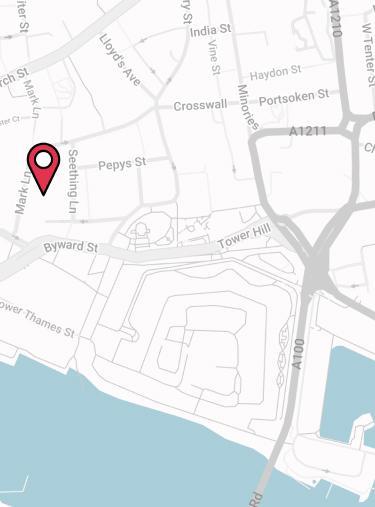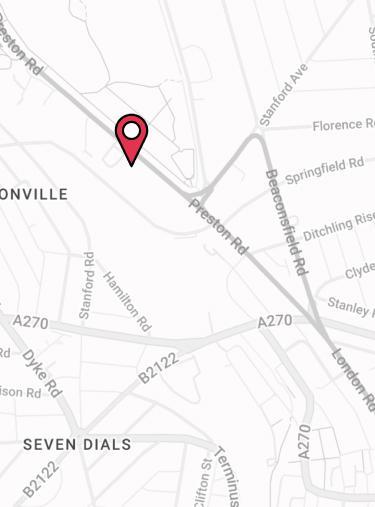Can Self Employed Workers Get Statutory Sick Pay?
Are self employed entitled to statutory sick pay? What are my benefit options as a self employed worker if I am sick or injured and unable to work?
One of the downsides of taking charge of your career and being self-employed is that you’re not entitled to Statutory Sick Pay from an employer if an illness or injury prevents you from working.
This means self employed professionals will need to rely on their savings and/or take out appropriate insurance. Or you’ll need to apply for other government benefits.
The Introduction Of Universal Credit
Previously, self employed people who were unable to work or were forced to reduce their hours may have been able to claim Employment and Support Allowance (ESA) or Income Support.
However, the new Universal Credit scheme has turned the old benefits system on its head. It’s gradually being rolled out across the country, and the benefits you were once able to claim separately are now lumped together under the name of ‘Universal Credit’.
Universal Credit payments now include:
- Housing Benefit
- Child Tax Credit
- Working Tax Credit
- Income Support
- Jobseeker’s Allowance
- Employment and Support Allowance.
When applying for Universal Credit, it can take up to 5 weeks to receive your first payment. In some unfortunate cases, it has taken longer than 5 weeks for claimants to receive their payments.
Insurance Options `For Self Employed Workers
Government benefits aren’t the only solution for you if you’re self employed without sick pay or adequate savings to meet your financial commitments.
There are two useful insurance products that can give you financial support if an illness or injury prevents you from working.
Income Protection Insurance
Self Employed Income Protection is a policy you can use to protect your income if you’re unable to work as a result of injury or illness. With this, you can claim up to 70% of your regular income in the form of monthly benefits.
Unlike Critical Illness Cover, Income Protection will cover any health problems you have as long as it prevents you from working. A definition of incapacity is used to determine whether you;re entitled to claim on your policy, with different incapacity definitions used to adjust the comprehensiveness of your cover.
Make sure you have the own occupation definition. You’ll be able to claim as long as your health problem prevents you from working in your specific role.
Policyholders can also decide on the maximum length of their claims. Choosing Long Term Income Protection allows you to claim these benefits until you reach retirement age if you need them. While Short Term Income Protection will pay out for a maximum of only 2 or 5 years.
Critical Illness Insurance
Critical Illness Insurance pays out a tax-free lump sum if you’re diagnosed with a critical illness listed on your policy.
The number of conditions that insurers cover can range anywhere between 40 and 100. Although the quality of a policy can be found in the definitions of critical illnesses covered by the policy rather than just the number.
One of the main weaknesses of Critical Illness Cover is that it only covers a set number of illnesses, leaving you unprotected for many conditions not listed on the policy.
The Solution To A Lack Of Statutory Sick Pay
To protect your income while you’re unable to work, we would recommend Income Protection to replace a lack of sick pay. It can cover your essential outgoings and can be claimed for any type of health problem that meets your policy’s definition of incapacity.
Applying for Income Protection when you’re younger can help you save money on your policy. The cost of Income Protection depends on your risk of claiming, so young, healthy policyholders who don’t smoke will pay a lot less for their policy than someone older and perhaps not in great health.
Policyholders can also lock in the cost of their policy by choosing guaranteed premiums. Guaranteed premiums are fixed at the start of your policy and wont’ change unless you adjust your cover.
Why Speak To Us?
We started Drewberry because we were tired of being treated like a number and not getting the service we all deserve when it comes to things as important as protecting our health and our finances. Below are just a few reasons why it makes sense to let us help.
- There is no fee for our service
- We are independent and impartial
Drewberry isn’t tied to any insurance company, so we can provide completely impartial advice to make sure you get the most appropriate policy based solely on your needs. - We’ve got bargaining power on our side
This allows us to negotiate better premiums for you than you going direct yourself. - You’ll speak to a dedicated specialist from start to finish
You will speak to a named specialist with a direct telephone and email. No more automated machines and no more being sent from pillar to post – you’ll have someone to speak to who knows you. - Benefit from our 5-star service
We pride ourselves on providing a 5-star service, as can be seen from our 4090 and growing independent client reviews rating us at 4.92 / 5. - Gain the protection of regulated advice
You are protected. Where we provide a regulated advice service we are responsible for the policy we set-up for you. Doing it yourself or going direct to an insurer won’t provide this protection, so you won’t benefit from these securities. - Claims support when you need it the most
You have support should you need to make a claim. The most important thing when it comes to insurance is that claims are paid and quickly. We are here to support you during the claims process and make sure it’s as smooth and stress free as possible.
Frequently Asked Questions
Does Income Protection Cover Cycling?
Am I Tied in to Long-Term Income Protection?
What is income protection insurance?
Can I Take Out Two Income Protection Plans?
Is this type of cover only for major illnesses?
Contact Us
125-135 Preston Road
Brighton
BN1 6AF
Cookies
Drewberry™ uses cookies to offer you the best experience online. By continuing to use our website you agree to the use of cookies including for ad personalization.
If you would like to know more about cookies and how to manage them please view our privacy & cookie policy.



